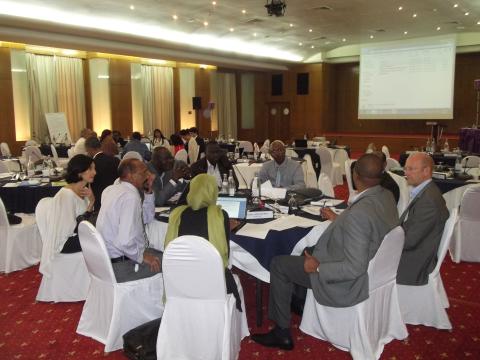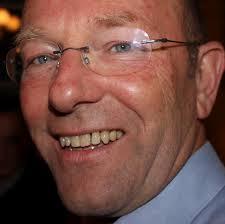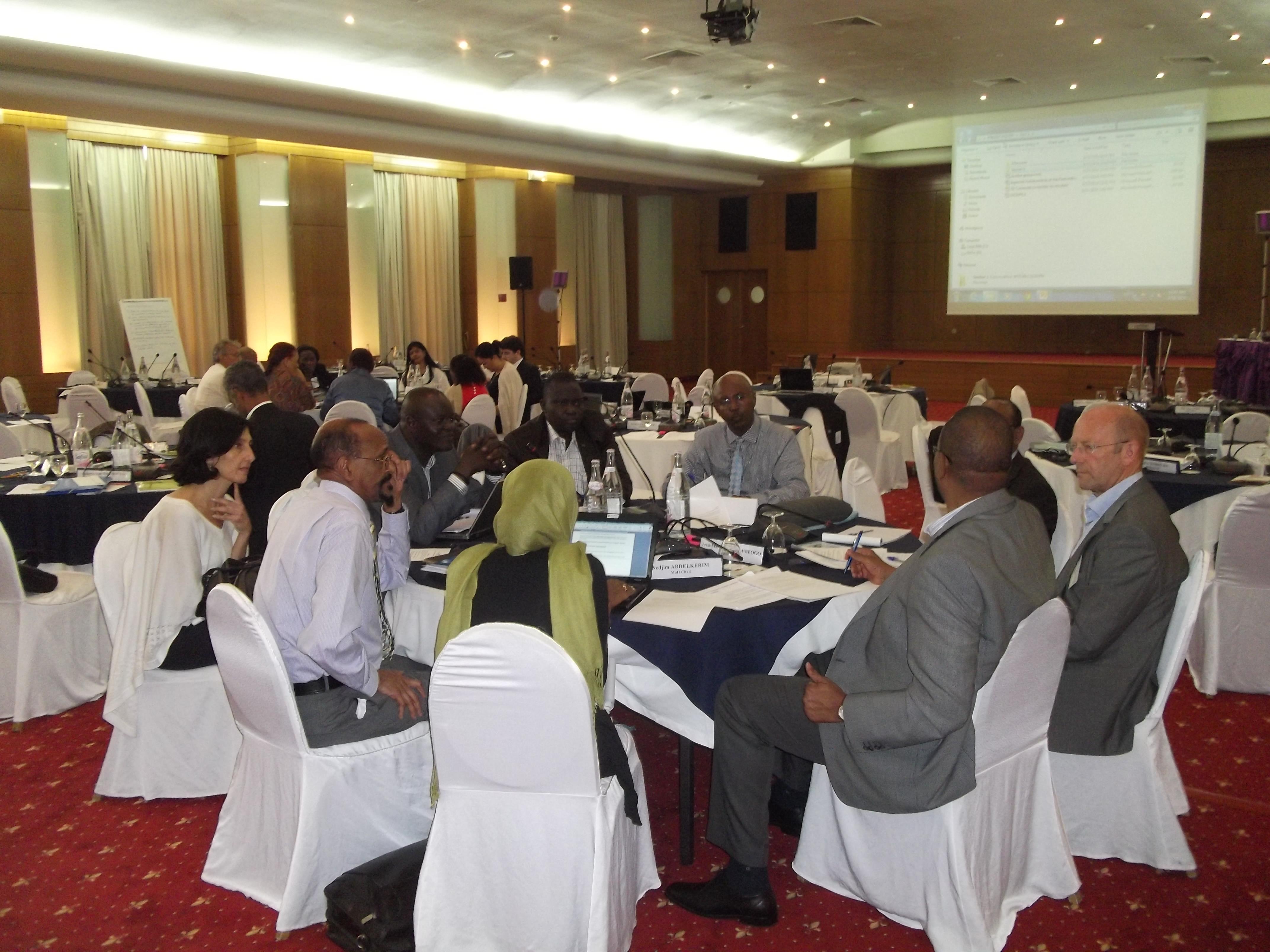
This article was written in collaboration with Dr. Matthias Reinecke, the health sector advisor of the Directorate General Development and Cooperation, EuropeAid, Brussels.
In 2011, the European Union began supporting the World Health Organization in the Universal Health Coverage Partnership programme. The importance of the programme lies in the direct interaction of the WHO with the Ministries of Health in the selected countries.
The main success of the partnership programme is the establishment and strengthening of a policy dialogue between Ministries of Health and stakeholders, including all medical associations and civil society-based organisations in the area of health and international partners, in their endeavour to achieve UHC. As an example, the Ministry of Health, Tunisia has embarked on a “dialogue sociétal” involving all sectors of society to define priorities within the health sector, resulting in a “white paper” approved by a national health conference in 2014.
In 2015, the programme will continue its focus on strengthening and deepening policy dialogue. Ministries of Health will lead an inclusive process with all relevant partners to arrive at a common understanding of health strategies and plans. As many countries under the programme are “fragile” states or countries affected by health emergencies, such as Ebola, the programme will make a particular effort to strengthen the policy dialogue and identify opportunities to support the Ministries of Health in building up components for the eventual achievement of UHC for their citizens.
The European Commission’s “EU Global Health Policy 2010” serves as the basis for funding the WHO to strengthen its mandate to support global health. The EC wants to ensure that all WHO disease-specific programmes contribute to health systems strengthening. The UHC Partnership aims at building country capacities for the development, negotiation, implementation, monitoring and evaluation of robust and comprehensive national health policies, strategies and plans. The programme promotes UHC, people-centred primary care, and health in all policies as well as the implementation of the Aid/Development Agenda.

Dr. Matthias Reinicke is a trained physician, and holds post-graduate specialisation in international health. Dr. Reinicke has worked during the past thirty years in Africa, Asia, Europe and the United States in the field of international health policies, health service delivery and health systems strengthening with various organisations, such as WHO, EC and bilateral government and non governmental organisations.
